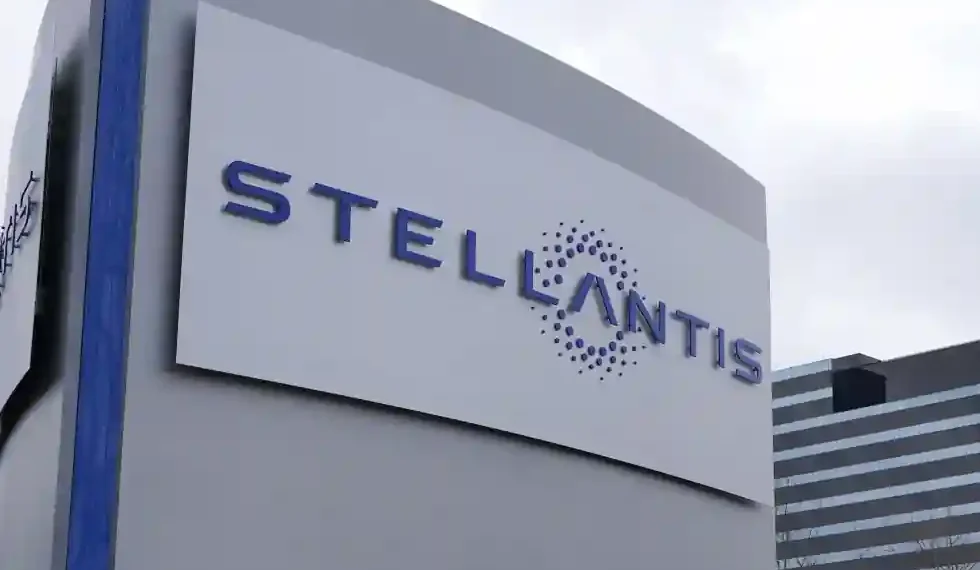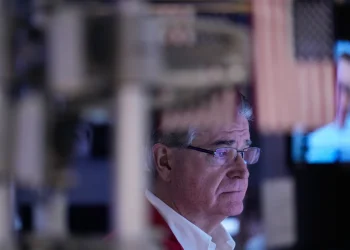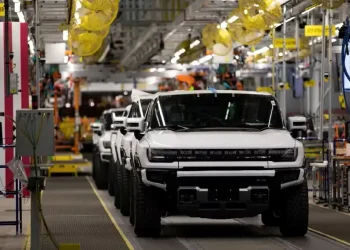Stellantis Temporarily Suspends Production in Canada and Mexico Amid Auto Tariff Concerns
Stellantis, the automotive giant behind popular brands like Jeep, Ram, and Citroën, has announced it will temporarily halt production at two of its plants in response to the newly imposed 25% auto tariffs. This decision follows President Donald Trump’s recent tariff announcement on imported vehicles, which is set to impact global automakers.
Starting April 7, Stellantis will suspend operations at its Windsor assembly plant in Canada for the weeks of April 7 and 14. Production is expected to resume by the week of April 21. In Mexico, the company will also pause production at its Toluca assembly plant throughout April, beginning on the same date.
As a result of these shutdowns, several Stellantis facilities in the U.S. will be affected. Temporary layoffs will take place at the Warren and Sterling stamping plants in Michigan, as well as the Indiana and Kokomo transmission plants and Kokomo casting facility. The company assured employees it will keep a close eye on the situation and make adjustments as needed.
Antonio Filosa, Stellantis’ North American Chief Operating Officer, addressed the situation in an email to employees. Filosa emphasized that the company is committed to adapting swiftly to the evolving circumstances. He assured staff that the measures being taken are necessary given the “current market dynamics.” He also acknowledged the uncertainty caused by the changing environment, reassuring employees that Stellantis is working closely with key stakeholders—including government officials, unions, suppliers, and dealers across North America—to navigate the challenges ahead.
The decision to impose a 25% tariff on auto imports, announced by Trump late last month, was framed as a move to bolster U.S. domestic manufacturing. However, the White House’s justification has raised concerns that the tariffs could put a financial strain on automakers like Stellantis, which rely heavily on global supply chains. The situation escalated further Thursday when Canadian Prime Minister Mark Carney announced that Canada would impose its own 25% tariff on U.S.-made vehicles in response to Trump’s actions.
The tariff uncertainty comes at a time when Stellantis has been grappling with its own set of challenges. CEO Carlos Tavares stepped down in December amid declining sales and mounting competition. North America, traditionally the company’s most profitable market, has been facing increased pressure as Stellantis contends with evolving market conditions and consumer preferences.
To counter these issues, Stellantis has been making significant leadership changes. In October, the company named new heads of its North American and European operations. It also unveiled plans in January to reopen an assembly plant in Illinois and begin producing the next-generation Dodge Durango in Detroit. These efforts are part of the company’s strategy to address ongoing struggles, including labor issues with the UAW.
As Stellantis navigates these turbulent waters, it remains committed to adapting to shifting market dynamics and addressing the challenges posed by both tariffs and internal struggles. The coming weeks will be critical in determining how the company responds to the evolving landscape of auto manufacturing and global trade.
This article was rewritten by JournosNews.com based on verified reporting from trusted sources. The content has been independently reviewed, fact-checked, and edited for accuracy, neutrality, tone, and global readability in accordance with Google News and AdSense standards.
All opinions, quotes, or statements from contributors, experts, or sourced organizations do not necessarily reflect the views of JournosNews.com. JournosNews.com maintains full editorial independence from any external funders, sponsors, or organizations.
Stay informed with JournosNews.com — your trusted source for verified global reporting and in-depth analysis. Follow us on Google News, BlueSky, and X for real-time updates.














